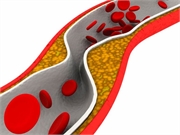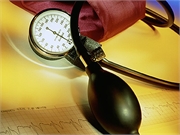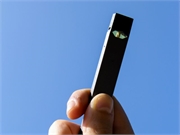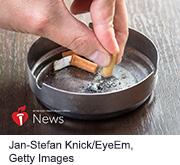
The HPV vaccine gives parents a chance to prevent their children from developing some types of cancer, and two new studies reaffirm what past research has found — the vaccine is safe. The two studies included millions of doses of Gardasil 9 vaccine, the only vaccine currently used in the United States for the prevention… read on >






























